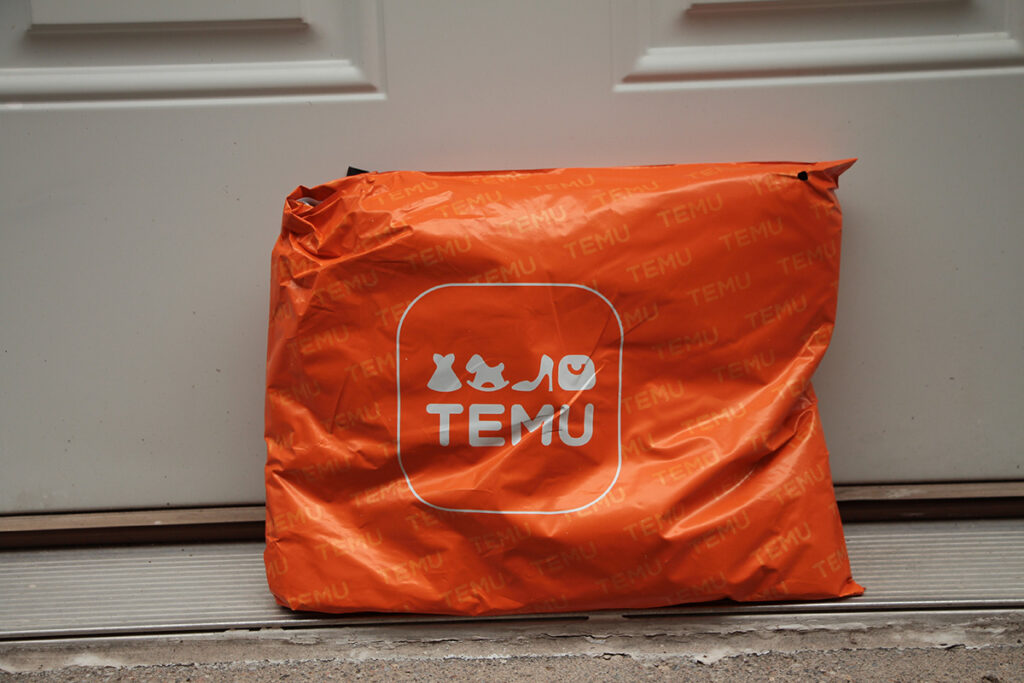Temu have started to onboard US sellers to their app with local fulfilment certain to significantly reduce the environmental impact of shipping everything sold on the marketplace being shipped from China. But, all is not quite what it seems – Marketplace Pulse reports that all the US sellers on Temu at the moment are actually Chinese sellers with inventory already in the US.
This means that Temu now have two tranches of seller – those that use Temu’s Chinese fulfilment services, somewhat akin to Amazon FBA with the main difference being that the warehouse is in China close to the factories, and the second are those self fulfil orders locally in the US, either from their own facilities or from third party fulfilment services. Marketplace Pulse estimates that there are some 150,000 sellers in the Temu fulfilment model and around 1,000 who are self fulfilling orders.
It appears that most of the US sellers on Temu who are self fulfilling orders were already selling on Amazon in the US. It shouldn’t be a surprise as these Chinese sellers were probably already selling on Temu anyway and it’s a natural progression to move from Temu fulfilment to local US fulfilment.
What this does mean is that Temu has become a fledgling marketplace of the kind we’re more accustomed to in the West and opens the doors to both the advantages of merchant fulfilment along with the dangers.
To date, Temu has refused to allow drop shipping which means they have been so confident in their ability to consolidate orders and deliver on time that they promise a financial compensation for late delivery. Now, with merchants fulfilling their own orders this guaranteed on-time delivery metric may face increased pressure as Temu are relying on merchants or the merchants agent to get purchases to the customer.
The big advantage is that shipping times should be drastically cut for those fulfilling orders locally.
The next stage will be to watch for Temu to sign up brands and retailers in the US rather than rely solely on Chinese sellers with stock in the country. Brands will perhaps be reluctant to sign up in the early days, much as they were on eBay and Amazon two and a half decades ago. So the real question is who will be first? Would you put your inventory on Temu and which of your competitors would convince you to sell on the marketplace if they were present?









